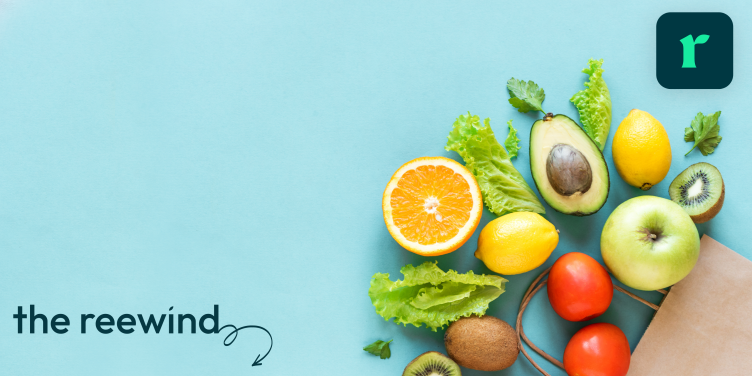
Our Top Stories
Corporate priorities at COP28: With six months to go until COP28 in Dubai, Edie highlights businesses’ desired aims at the summit. Survey findings show that the top priority for corporates at COP28 is for the private sector to be more involved in conversations, while keeping 1.5C alive was consistently ranked as the lowest priority. Although the private sector urgently needs to decarbonise if the Paris Agreement is to be delivered, there is concern that climate science is continuing to be overlooked in favour of personal benefit. [Edie]

Farms at job risk from climate change: Government advisers have warned that livestock farms need support to adapt to climate change targets or risk big job losses, according to the BBC. With an ageing farming population, the UK needs to implement national Net Zero training, and help to embrace new technologies and ways of working. Thankfully, the Welsh government has already laid out plans to transform farm support payments through its sustainable farming scheme, which comes in from 2025. The UK government has also introduced wider plans that will channel nearly £4 billion into the farming network, to prepare it for the effects of climate change. [BBC]
The rapid decline of Europe’s birds: Europe has lost over half a billion birds in 40 years, with the single biggest cause being the use of pesticides and fertilisers on farmland, The Conversation reports. The use of chemicals to increase crop yields has been shown to deprive birds of insects - one of their main food sources. These startling findings come as a recent UK government report found that the loss of biodiversity - alongside climate change - presents the greatest long-term threat to domestic food production. [The Conversation]

Brand Spotlight - Milk & More
The doorstep delivery firm Milk & More has begun trialling reusable bottles of Coca Cola, in an attempt to minimise the amount of waste from the biggest soft drink provider in the world. Customers will be instructed to rinse and leave bottles on their doorstep for collection. The collected bottles will then be sent off for washing and refilling - they can be refilled up to 20 times before they need to be recycled. On top of the 80 million reusable bottles Milk & More already delivers to customers annually, this is just another step in their journey to improve the company’s overall environmental impact. [Edie]
Research Corner
Almond vs dairy: Astrid D’Andrea and her team have shown that, in a nutritional comparison of plant-based and dairy yoghurts, almond milk yoghurt came out on top, with oat milk yoghurt a close second. Plant-based diets are gaining popularity due to the high climate impact of meat and dairy, but a general criticism of plant-based habits has been that they lack sufficient nutritional value. This study shows that some plant-based alternatives may actually tick more than just the sustainability box, which could lead to a greater shift in consumer behavioural change. [Frontiers]
Stat Attack
“Packaging for consumer goods in the US is expected to grow 1.5% annually until 2025, outpacing expected population growth. A similar trend is found in Europe, where packaging waste per capita is set to rise by 1.5% per year on average until 2025.”
Source: ING / Edie
The Big Picture

About Reewild
The food and agriculture industry is at the heart of the climate crisis, generating around a third of man-made greenhouse emissions. And while the challenge of reducing its impact may seem beyond our grasp, it is one that we all have the power to tackle.
We believe that the solution lies in climate transparency. That’s why we’re equipping businesses with the means to evaluate and communicate the emissions of their products. This, in turn, means consumers are armed with credible, independent information, which can be used to make more sustainable choices.
We know that many people want to take climate action but lack the necessary tools and information to do so. We're confident that, armed with the right knowledge, everyone can and will do their bit to build a greener, more sustainable food system.
Join the Reewild app waiting list
https://reewild.com/coming_soon/
Follow us on social media
https://www.instagram.com/reewild.earth/
https://www.linkedin.com/company/reewild/

.png)


